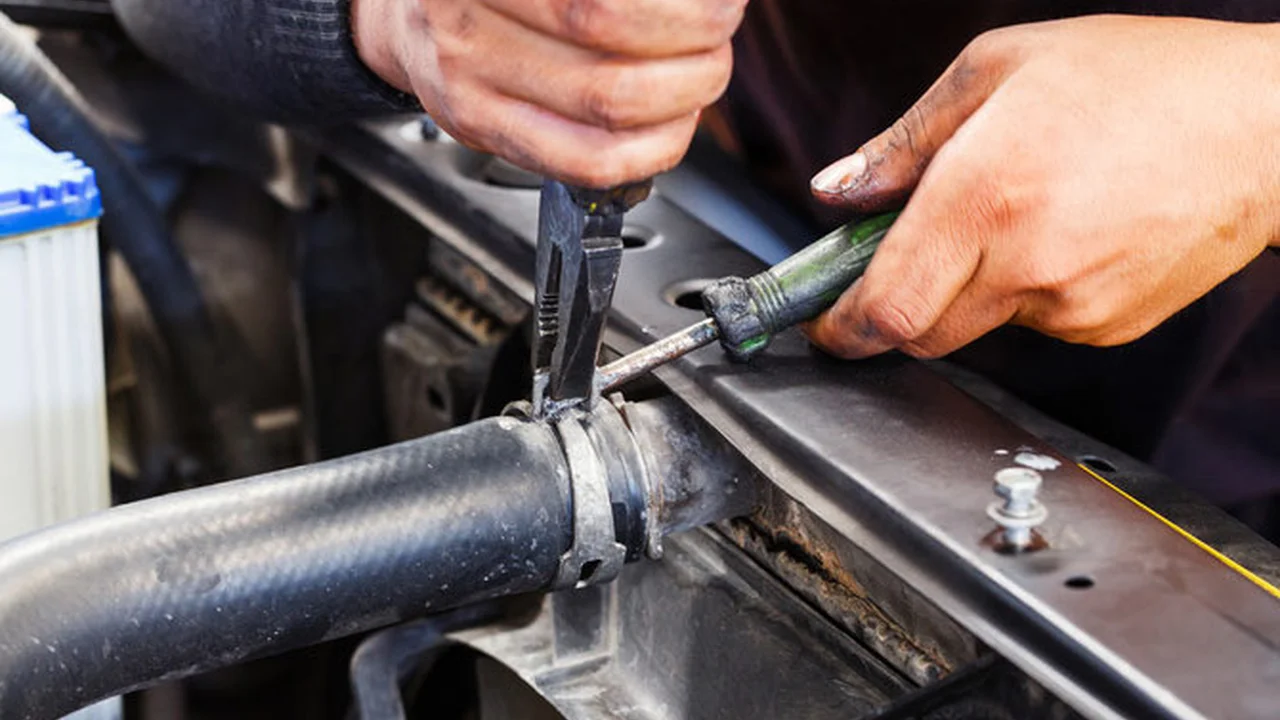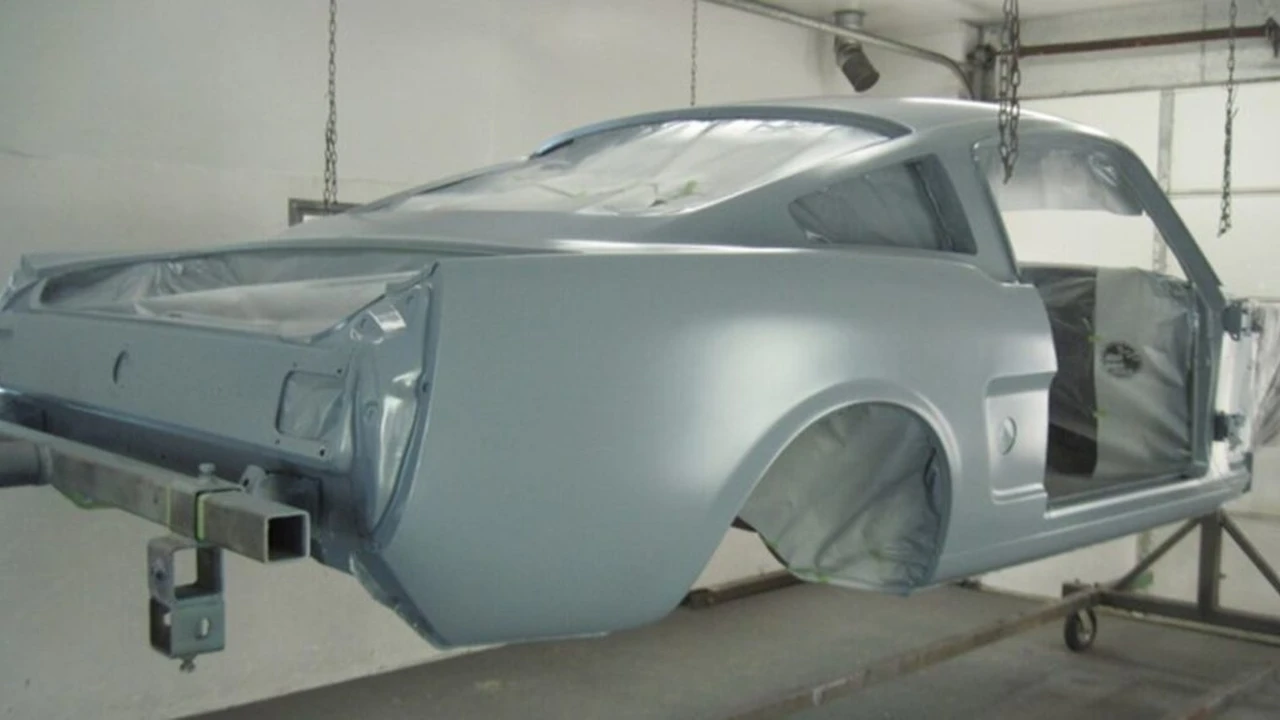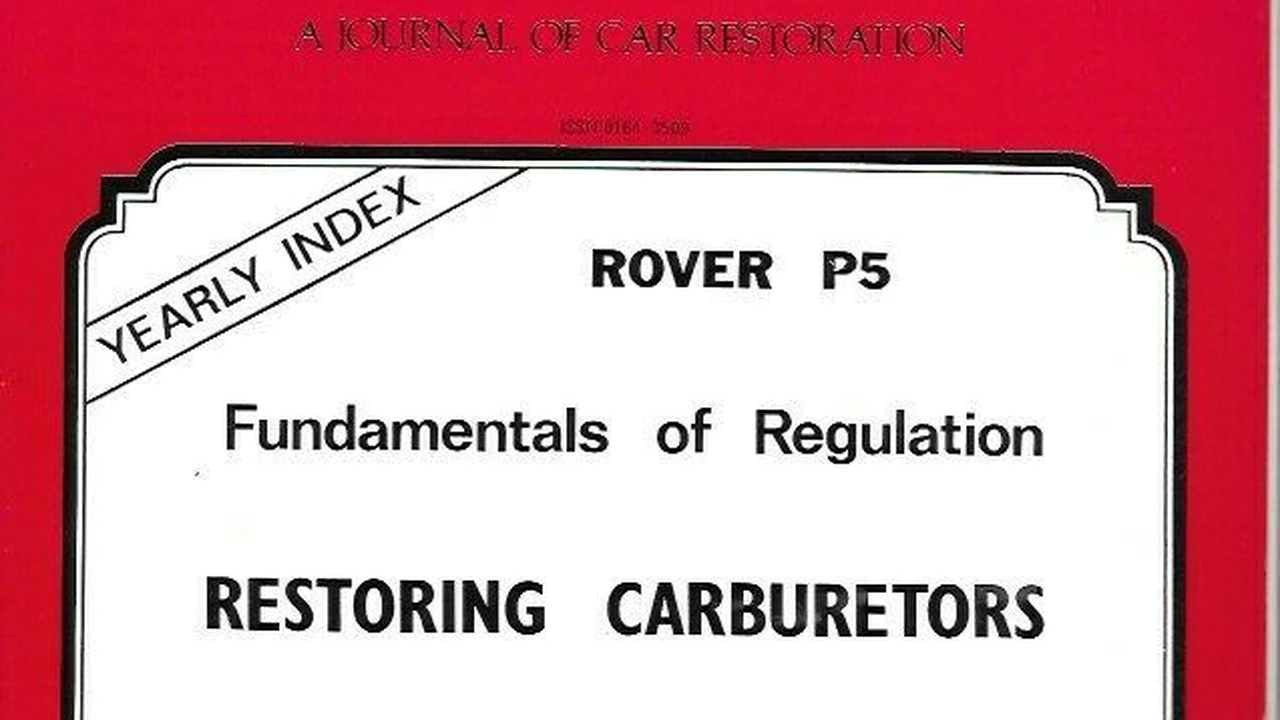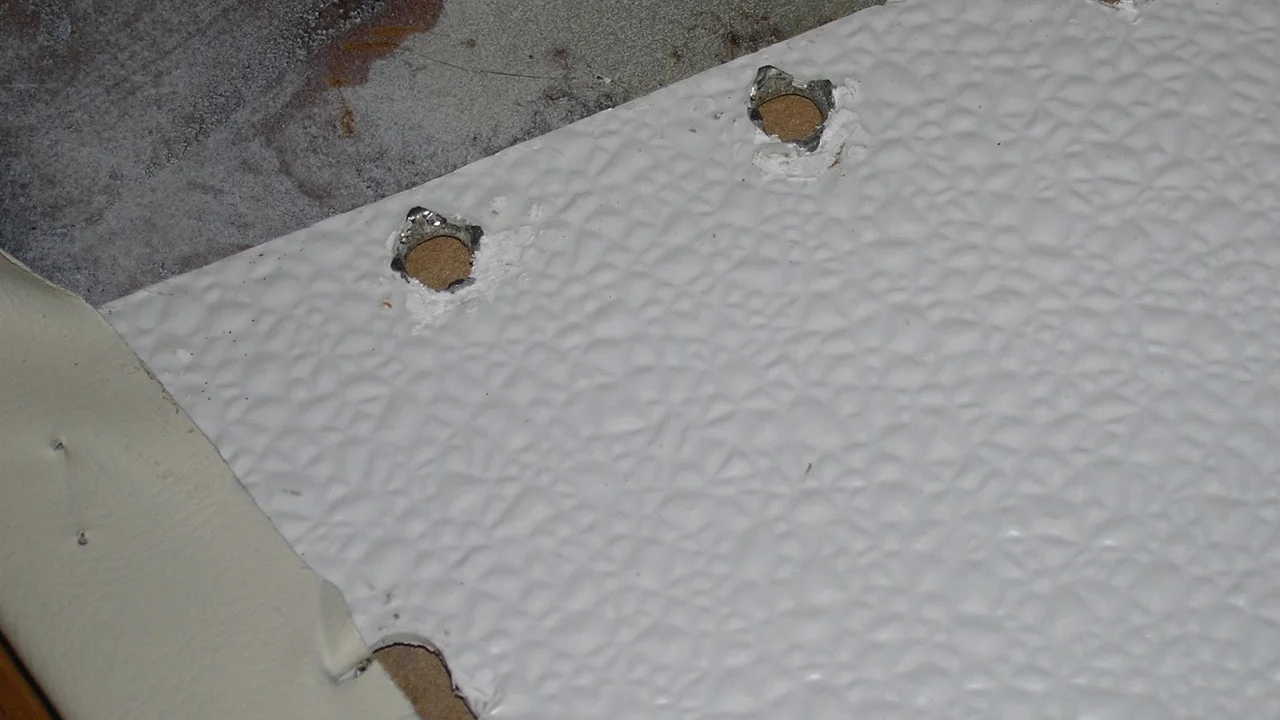Building a Network of Classic Car Part Suppliers
Discover the benefits of building a network of reliable classic car part suppliers. Learn how to establish relationships and access exclusive deals. Streamline your sourcing process and save time.
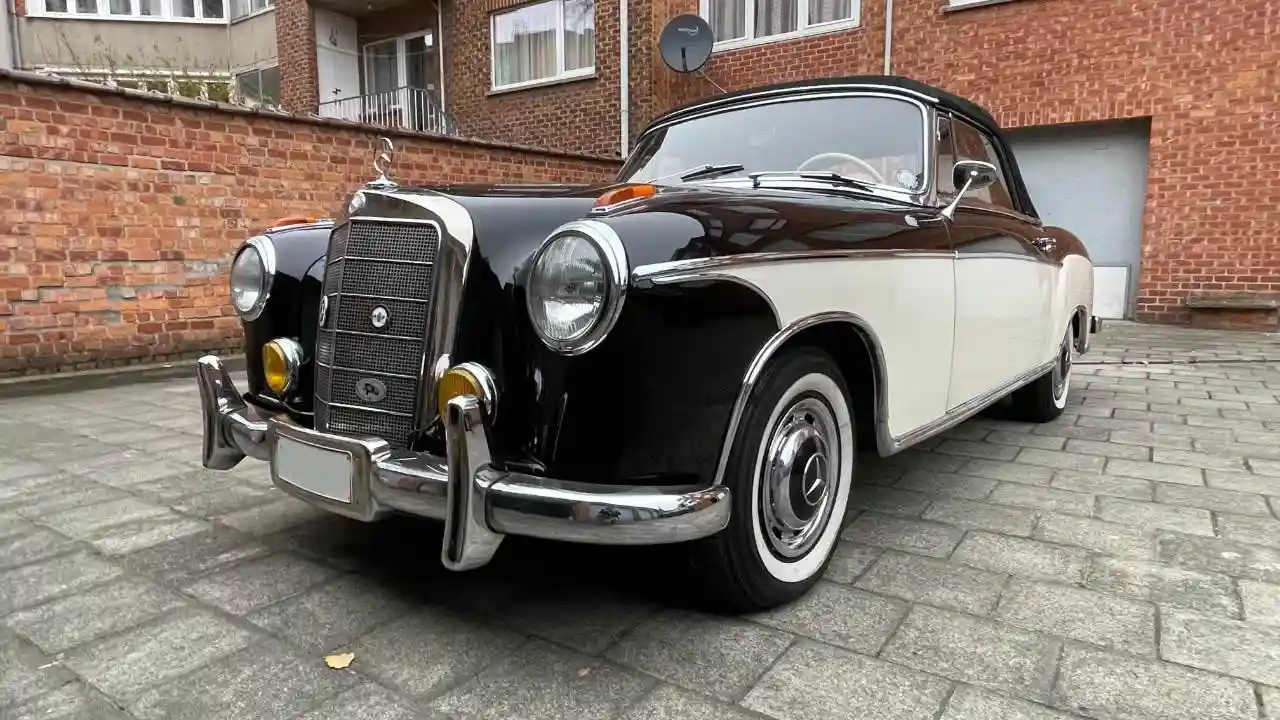
Why You Need a Network of Classic Car Parts Suppliers
Let's face it restoring a classic car isn't a walk in the park It's a journey a labor of love and a test of patience One of the biggest hurdles you'll face is sourcing the right parts Finding those elusive original components or even high-quality reproductions can feel like searching for a needle in a haystack That's where building a solid network of classic car part suppliers comes in handy
Think of your network as your personal pit crew They're the folks you can rely on to track down those hard-to-find parts offer expert advice and even give you a heads-up on upcoming auctions or sales A good network can save you countless hours of searching reduce the risk of getting ripped off and ultimately help you complete your restoration project faster and more efficiently
Identifying Potential Classic Car Parts Suppliers
So where do you start building this dream team of suppliers? Here are a few key places to look:
- Online Forums and Communities: Classic car forums and online communities are goldmines of information and connections. Participate actively, ask questions, and share your experiences. You'll quickly identify knowledgeable members who can point you towards reputable suppliers.
- Classic Car Clubs: Joining a classic car club is a fantastic way to network with fellow enthusiasts and access their collective knowledge. Many clubs have established relationships with parts suppliers and can offer members-only discounts.
- Antique Auto Shows and Swap Meets: These events are a treasure trove of classic car parts and a great opportunity to meet vendors in person. Take the time to chat with them, ask questions, and collect business cards.
- Local Salvage Yards: Don't underestimate the potential of your local salvage yards. While it might take some digging, you could unearth some real gems hidden amongst the rusty hulks.
- Specialty Restoration Shops: Restoration shops often have established relationships with parts suppliers and may be willing to share their contacts.
- Online Marketplaces: While it's important to be cautious, online marketplaces like eBay and specialized classic car parts websites can be valuable resources. Look for sellers with high ratings and positive reviews.
Establishing Relationships with Classic Car Parts Vendors
Once you've identified potential suppliers, it's time to start building relationships. Here's how:
- Be Respectful and Professional: Treat your suppliers with respect and professionalism. Remember, they're running a business, and they appreciate customers who are courteous and easy to work with.
- Be Clear About Your Needs: Clearly communicate your specific needs and requirements. Provide detailed descriptions of the parts you're looking for, including part numbers, dimensions, and any other relevant information.
- Ask Questions: Don't be afraid to ask questions. A good supplier will be happy to answer your questions and provide expert advice. This shows that you're serious about your restoration project and that you value their expertise.
- Be Honest About Your Budget: Be upfront about your budget. This will help your supplier recommend parts that fit your financial constraints.
- Pay Promptly: Pay your bills promptly. This will build trust and ensure that your supplier is willing to work with you again in the future.
- Stay in Touch: Stay in touch with your suppliers, even when you don't need anything. Send them a quick email or give them a call to check in and see how they're doing. This will help you build a stronger relationship and ensure that they remember you when you need their help.
Negotiating Prices with Classic Car Parts Dealers
Negotiating prices is an essential skill when sourcing classic car parts. Here are a few tips:
- Do Your Research: Before you start negotiating, do your research and find out the fair market value of the parts you're looking for. This will give you a strong bargaining position.
- Be Polite but Firm: Be polite but firm in your negotiations. Don't be afraid to walk away if you're not happy with the price.
- Bundle Purchases: If you're buying multiple parts from the same supplier, try to bundle your purchases and negotiate a discount.
- Offer Cash: Offering to pay in cash can sometimes get you a better deal.
- Build a Relationship: Suppliers are often more willing to negotiate with customers they have a good relationship with.
Accessing Exclusive Deals and Classic Car Parts Discounts
One of the biggest benefits of building a network of suppliers is access to exclusive deals and discounts. Here's how to take advantage of these opportunities:
- Ask for Discounts: Don't be afraid to ask for discounts. Many suppliers offer discounts to repeat customers or members of classic car clubs.
- Sign Up for Email Lists: Sign up for email lists from your favorite suppliers. This will keep you informed about upcoming sales and promotions.
- Attend Trade Shows: Attend trade shows and industry events. These events often feature exclusive deals and discounts from parts suppliers.
- Leverage Your Network: Let your network of fellow enthusiasts know what you're looking for. They may be able to connect you with suppliers who are offering special deals.
Streamlining Your Sourcing Process
A strong network of suppliers can significantly streamline your sourcing process. Here's how:
- Save Time: Instead of spending hours searching for parts online or visiting multiple salvage yards, you can simply reach out to your network and ask for help.
- Reduce Risk: Working with reputable suppliers reduces the risk of getting ripped off or buying substandard parts.
- Get Expert Advice: Your network can provide expert advice and guidance, helping you make informed decisions about your restoration project.
- Find Rare Parts: Your network can help you track down those elusive rare parts that are difficult to find on your own.
Recommended Products and Suppliers
Okay, let's get down to specifics. Here are a few recommended products and suppliers that can help you with your classic car restoration:
Recommended Classic Car Parts Suppliers
- Kanter Auto Products: Specializes in parts for American classic cars from the 1930s to the 1980s. Known for high-quality reproduction parts.
- Hemmings Motor News: A comprehensive resource for classic car parts, services, and events. Their website and magazine are invaluable for finding suppliers and connecting with other enthusiasts.
- Steele Rubber Products: A leading manufacturer of weather stripping and rubber parts for classic cars. Essential for restoring the seals and weatherproofing of your vehicle.
- Year One: Focuses on muscle car restoration parts, particularly for GM vehicles. A great source for body panels, interior components, and performance upgrades.
- Eckler's Classic Chevy: Specializes in parts for Chevrolet classic cars, especially Tri-Five Chevys (1955-1957).
Specific Product Recommendations
These product recommendations are based on common restoration needs and quality.
- Painless Wiring Harnesses: Replacing a classic car's wiring harness is often necessary. Painless Wiring offers high-quality, easy-to-install harnesses. A complete harness for a 1967 Mustang costs around $600-$800.
- Edelbrock Performer Intake Manifold: A popular upgrade for improving engine performance. The Edelbrock Performer intake manifold provides better airflow and increased horsepower. Expect to pay around $300-$400.
- Vintage Air Air Conditioning Systems: Adding air conditioning to a classic car can significantly improve comfort. Vintage Air offers complete systems designed for specific makes and models. A complete system can range from $1500-$3000 depending on the vehicle.
- Legendary Auto Interiors Upholstery: For high-quality, accurate reproduction upholstery, Legendary Auto Interiors is a top choice. A complete seat upholstery kit can cost around $500-$1000.
- POR-15 Rust Preventive Coating: Essential for combating rust during restoration. POR-15 is a durable, rust-preventive coating that protects metal surfaces. A quart of POR-15 costs around $40-$50.
Comparing Products: Example - Carburetors
Let's look at carburetors as an example. You have several options when restoring a classic car's carburetor:
- Rebuilding the Original Carburetor: This maintains originality but requires specialized knowledge and tools. A rebuild kit typically costs $50-$100.
- Purchasing a Remanufactured Carburetor: A good compromise between originality and ease of installation. Remanufactured carburetors typically cost $200-$400. Brands like Holley and Edelbrock offer remanufactured options.
- Upgrading to a Modern Carburetor: Can improve performance and reliability but may sacrifice originality. Modern carburetors from Edelbrock or Holley can cost $300-$500.
The best choice depends on your goals and budget. If originality is paramount, rebuild the original. If you want improved performance, consider a modern upgrade.
Protecting Yourself When Buying Parts
Buying classic car parts can sometimes be risky. Here’s how to protect yourself:
- Research the Seller: Before buying from any seller, research their reputation. Check online reviews, ask for references, and see if they have a physical address and phone number.
- Use Secure Payment Methods: Always use secure payment methods like credit cards or PayPal. Avoid sending cash or money orders.
- Inspect Parts Carefully: When you receive your parts, inspect them carefully. Check for damage, missing components, and any discrepancies from the seller's description.
- Keep Records: Keep detailed records of all your purchases, including invoices, receipts, and correspondence with the seller.
- Be Wary of "Too Good to Be True" Deals: If a deal seems too good to be true, it probably is. Be cautious of extremely low prices and sellers who are unwilling to provide information about their products.
Building Your Network Takes Time
Building a strong network of classic car part suppliers takes time and effort, but it's well worth the investment. By following these tips, you can build a reliable network that will help you complete your restoration project faster, more efficiently, and with less stress.
So, get out there, start networking, and enjoy the journey of restoring your classic car!
:max_bytes(150000):strip_icc()/277019-baked-pork-chops-with-cream-of-mushroom-soup-DDMFS-beauty-4x3-BG-7505-5762b731cf30447d9cbbbbbf387beafa.jpg)



